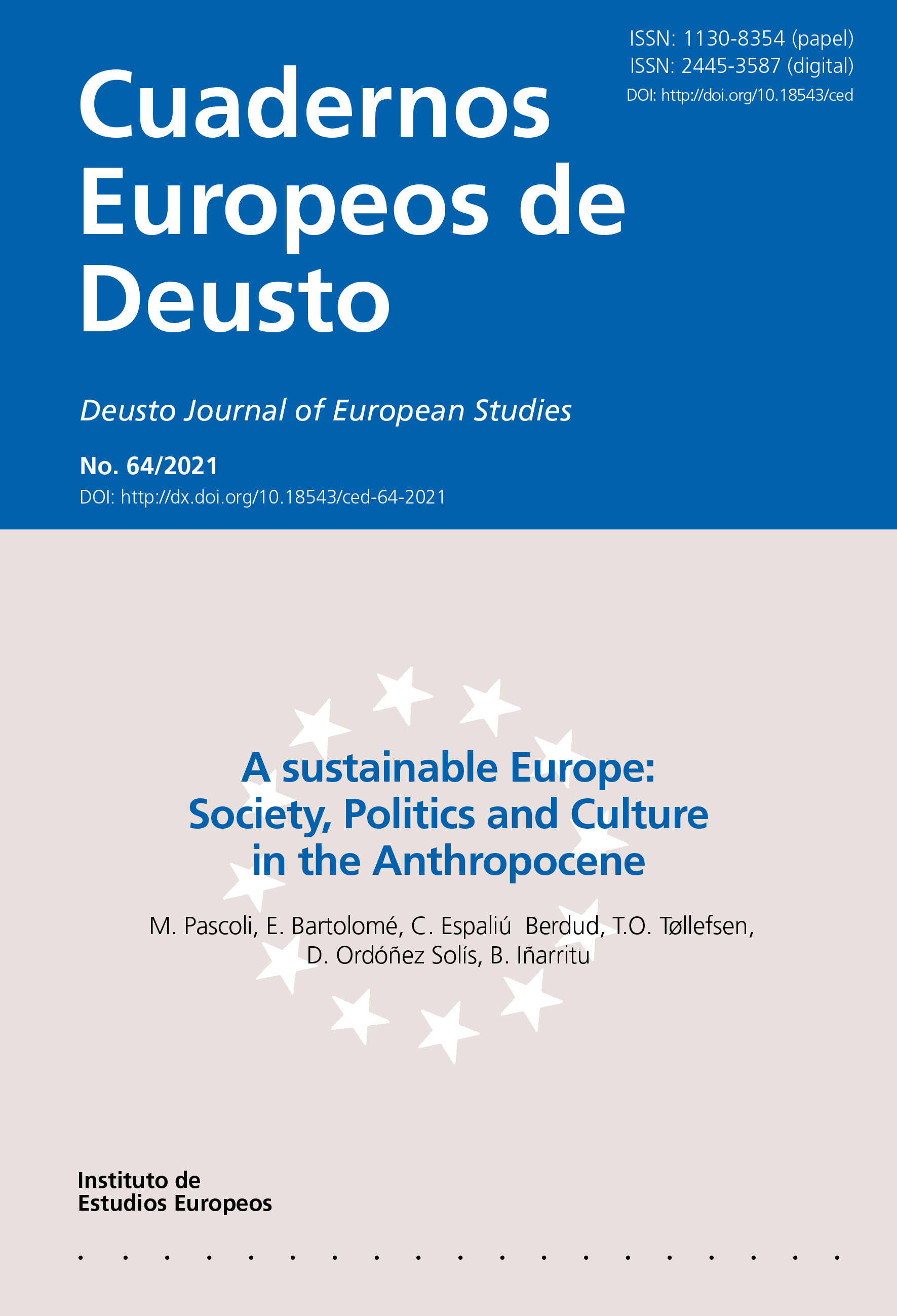Sustainability as a “magic concept”
Abstract
Sustainability studies have not been able to come up with a consensus conceptualization of “sustainability,” despite many attempts. This article asks what this conceptual confusion means. I do this through a (conceptual history) vertical analysis, and horizontal (discourse) analysis of the current use of the term. It finds that sustainability is a perfect fit for what Hupe and Pollit have called a “magic concept,” in that it is; broad, has a positive normative charge, imply consensus or at least the possibility of overcoming current conflicts, and has global marketability (2011: 643). This has both positive and negative effects: On the one hand, the popularity of the concept of sustainability has enabled an overarching discourse on the responsible use of natural resources. On the other hand, the concept is vulnerable to various strategic misuses, ranging from corporate greenwashing to Luddite passions. Based on a vertical analysis of the history of sustainability, this vagueness is not a coincidence: It was part of a political bargain at its birth, where environmental concerns were grafted onto an older discourse on “development” during the writing of the 1987 Brundtland report. Based on a horizontal analysis, this vagueness is now inherent to the concept and cannot be abandoned without losing the very magic qualities that make sustainability such a rallying point. This finding points to the conclusion that we should be cautious about how sustainability is wielded.
Received: 03 February 2021
Accepted: 01 March 2021
Downloads
The author grants to the Publisher the distribution, public communication, and reproduction rights of her/his work subject of publication in Deusto Journal of European Studies (DJES), whichever the media may be, including the permission to include it in the databases where this Journal is indexed and in the institutional repository of the Universidad de Deusto.
Upon its publication, the content of any Issue of Deusto Journal of European Studies (DJES) can be accessed, read, downloaded, copies, and distributed freely for non-commercial purposes and in accordance with any applicable copyright legislation.
The content of Deusto Journal of European Studies (DJES) can be subsequently published in other media or journals, as long as the author clearly indicates in the first footnote that the work was published in Deusto Journal of European Studies (DJES) for the first time, indicating the Issue number, year, pages, and DOI (if applicable). Any other use of its content in any medium or format, now known or developed in the future, requires prior written permission of the copyright holder.
The content of the work published in Deusto Journal of European Studies (DJES) is each author's sole responsibility. The authors assume the responsibility of obtaining all the necessary licenses for the reproduction in their manuscripts of any text, material or illustration coming from another author, institution or publication. The liabilities that may arise from complaints for publishing plagiarised articles are the sole responsibility of the author.


3.jpg)
2.jpg)
2.jpg)
2.jpg)
2.jpg)
2.jpg)







